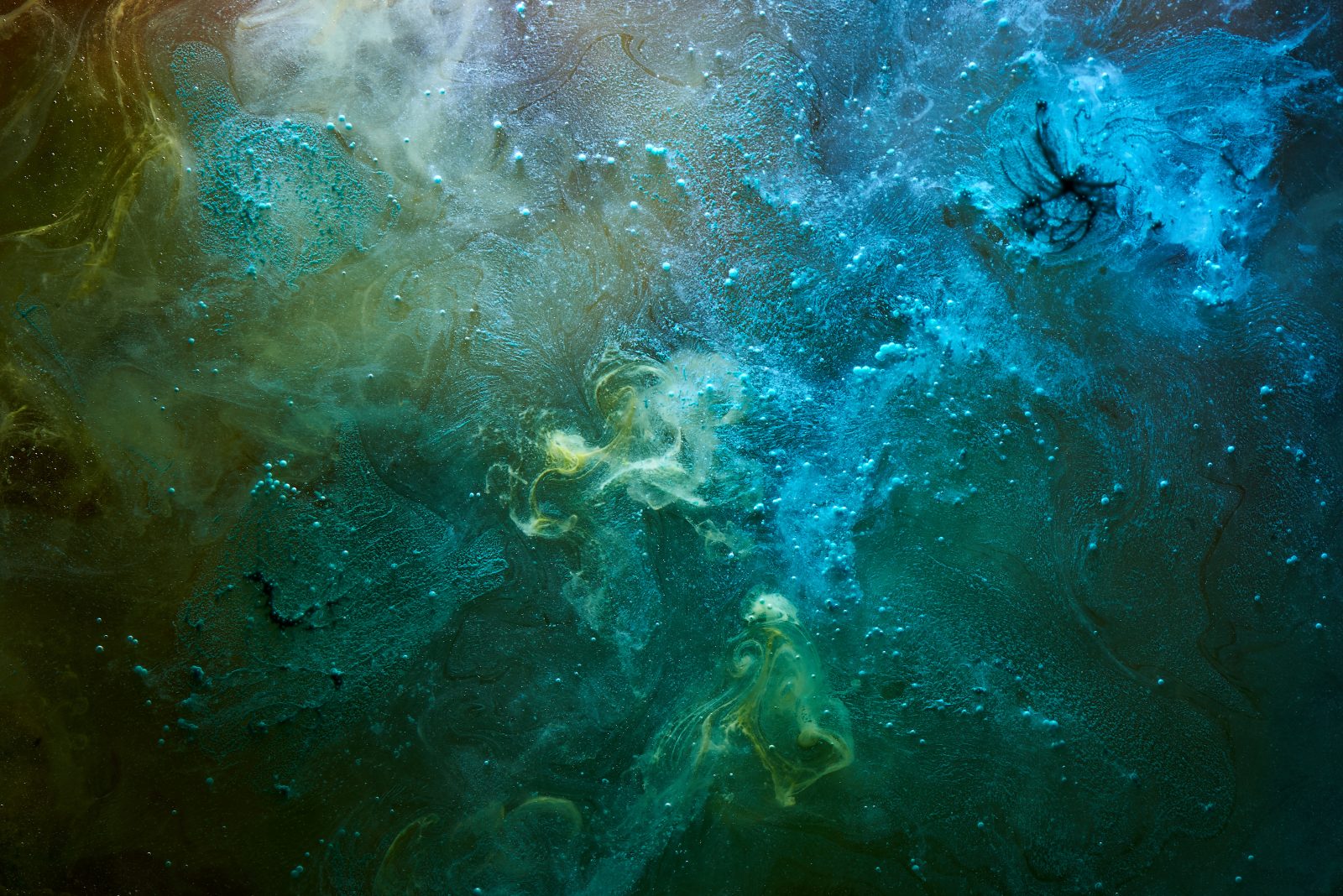

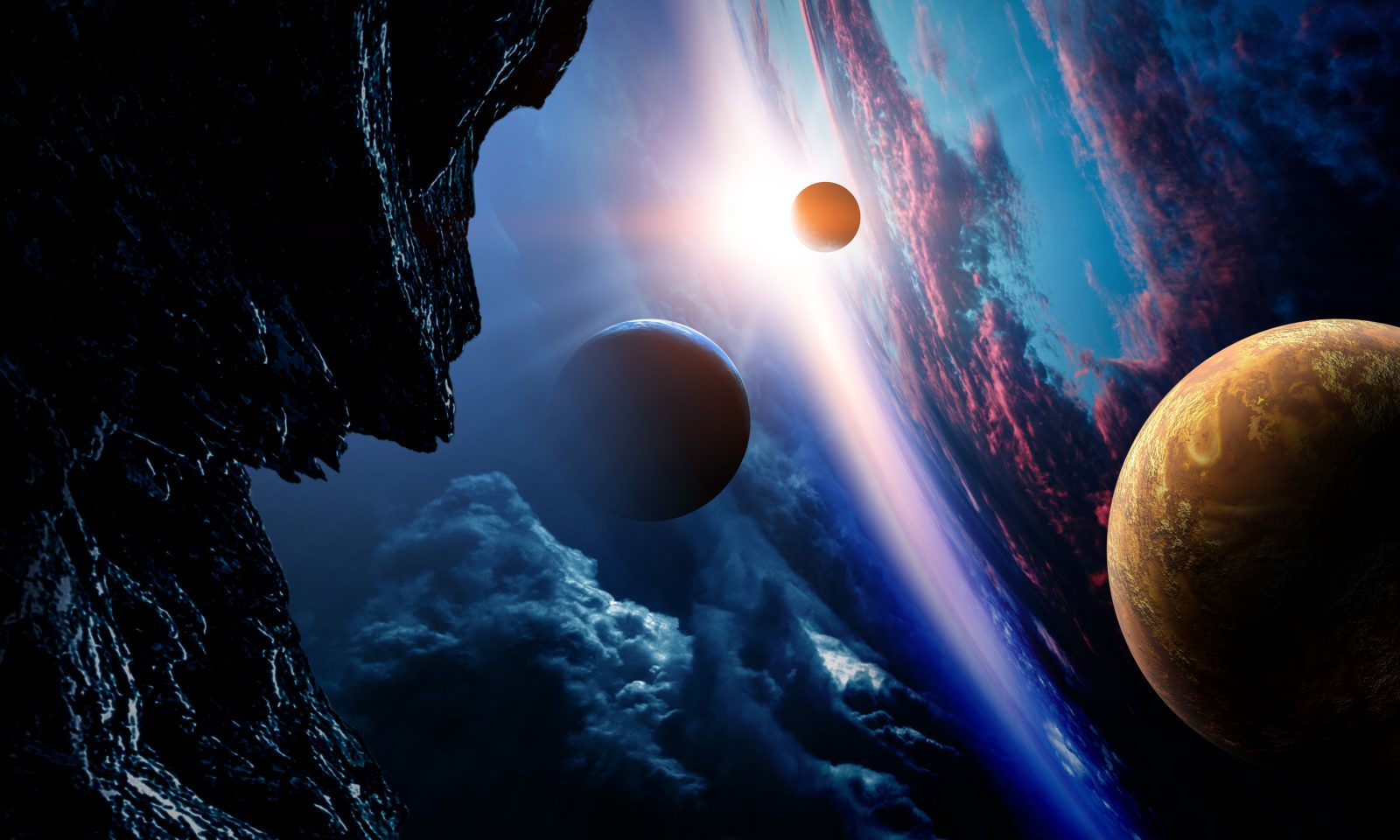
The Circumstellar Habitable Zone Just Shrank
On this episode of ID the Future, Discovery Institute Senior Fellow Jay Richards speaks with astrobiologist Guillermo Gonzalez about new research just reported in the Astrophysical Journal. The research suggests that the circumstellar habitable zone for terrestrial planets around stars is narrower than previously thought. This zone around stars, often referred to as the “goldilocks zone,” is where planets are not too hot and not too cold to support liquid water on the surface and, with it, complex life. But there’s another factor, previously underappreciated, which greatly curtails how much further a planet can be situated from its host star without running into trouble. It makes earth’s position that much more fine-tuned for life and, as Richards and Gonzalez discuss, Read More ›
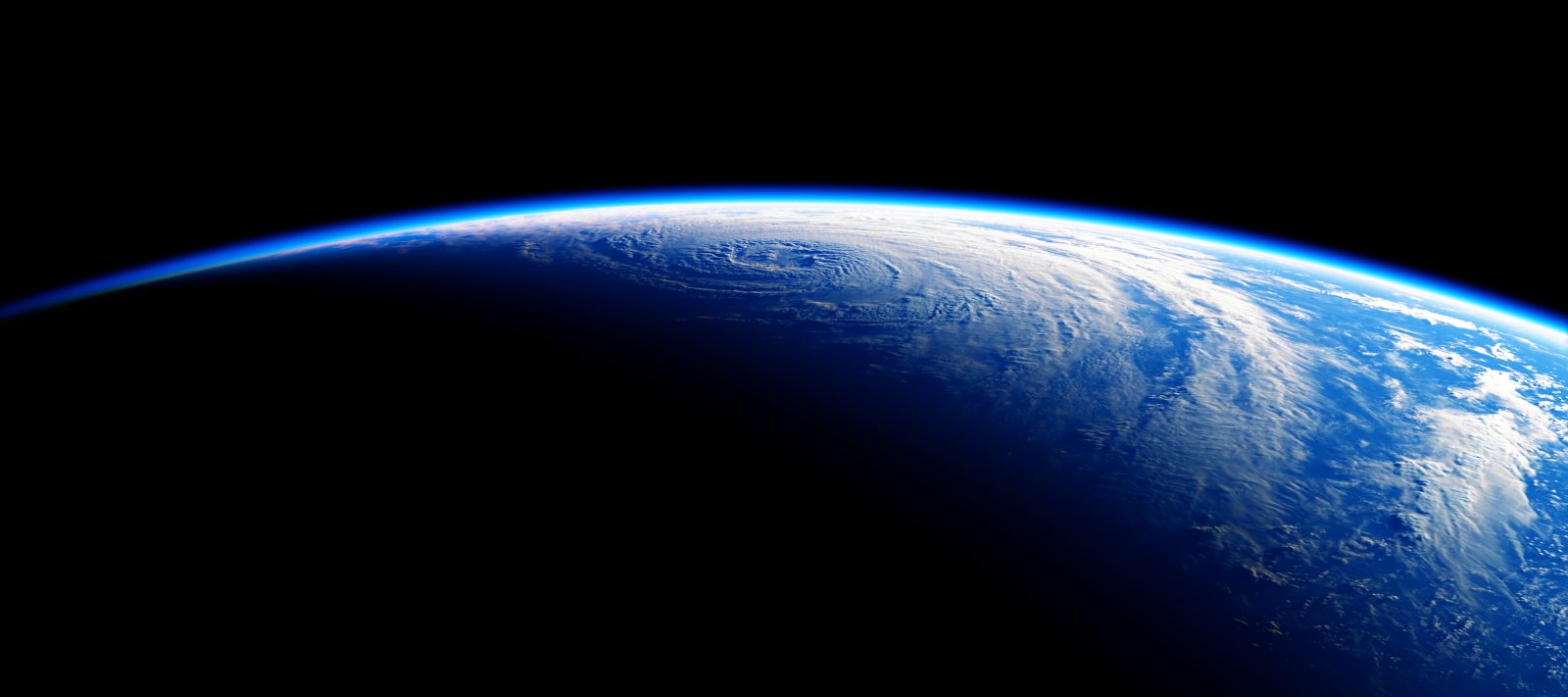
Guillermo Gonzalez and Jay Richards on Recent Discoveries Supporting The Privileged Planet
On this episode of ID the Future, Jay Richards and astrobiologist Guillermo Gonzalez discuss several discoveries made in the past 15 years supporting their conclusions in The Privileged Planet: How Our Place in the Cosmos Is Designed for Discovery. Gonzalez shows how the book’s thesis — that conditions for life and scientific discovery meet on earth to a fine-tuned degree that strongly points toward design — has been confirmed multiple times.
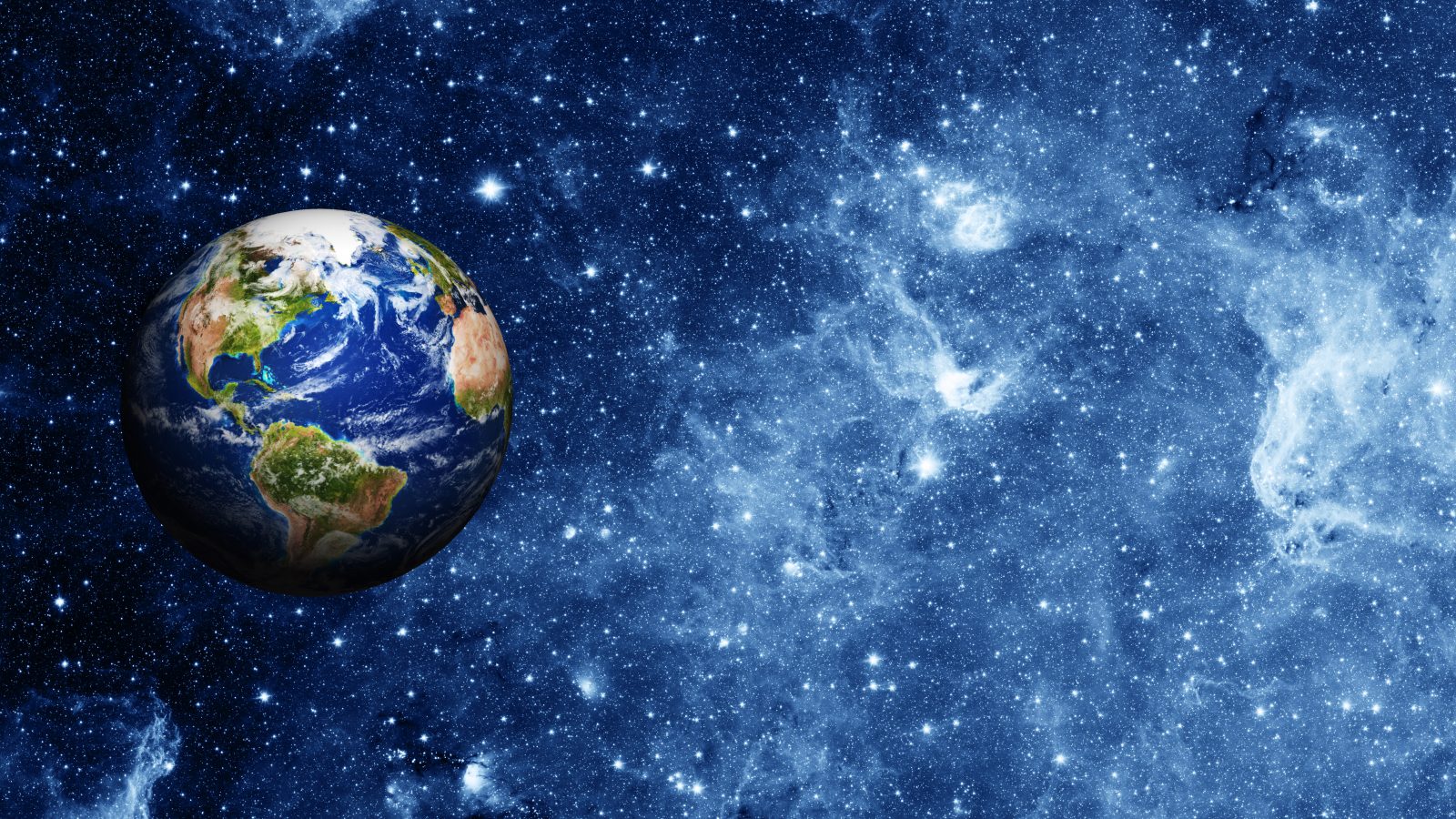
Guillermo Gonzalez on What’s Changed in the 15 Years Since The Privileged Planet
On this episode of ID the Future, host Jay Richards and astronomer Guillermo Gonzalez, authors of The Privileged Planet: How Our Place in the Cosmos Is Designed for Discovery, discuss what’s changed in the 15 years since the book first appeared. One big change, the number of exo-planets discovered has exploded from 200 or so to several thousand. Gonzalez walks through this and other exciting recent advances in astronomy, and the two discuss how these new discoveries bear on the predictions and arguments they advanced in their book. Please consider donating to support the IDTF Podcast.
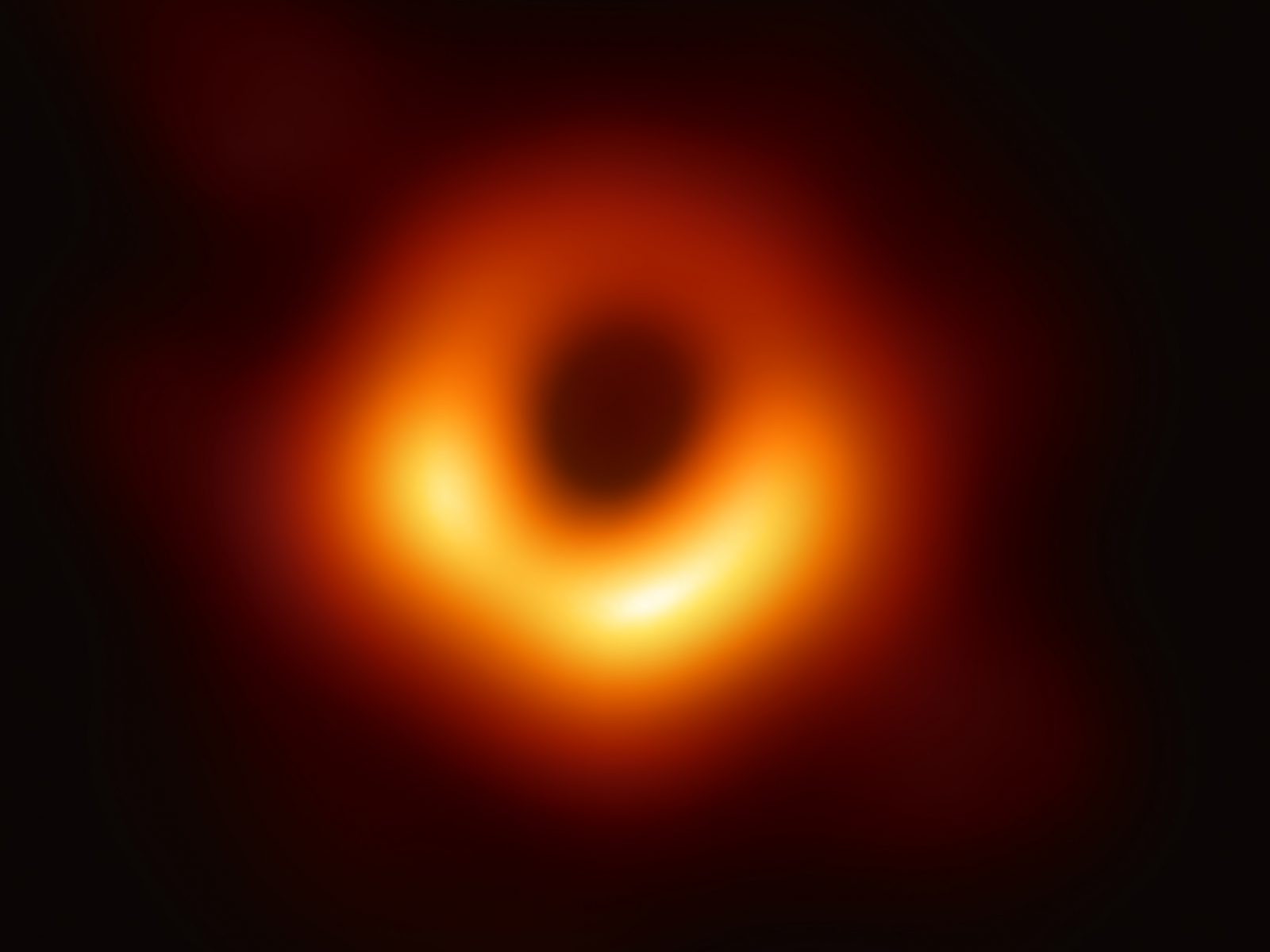
Guillermo Gonzalez on the First-Ever Imaging of a Black Hole
On this episode of ID the Future, Jay Richards interviews astronomer Guillermo Gonzalez on the first images ever taken of a black hole, released to the public early in April 2019. Not that it’s exactly an “image,” for as Gonzalez explains, no light can escape a black hole. But this massive object — equaling billions of suns in mass — in the M87 galaxy still provides important information, adding to the list of confirmations for Einstein’s Theory of General Relativity, which also provides further support for Big Bang cosmology. And that, in turn, tells us our universe isn’t infinitely old — so where did it come from, if not an intelligent designer?

Extrasolar Planets, the Copernican Principle, and Expelled: An Interview with Dr. Guillermo Gonzalez, Part 1
On this episode of ID the Future, Dr. Guillermo Gonzalez joins Casey Luskin for an interview, delightfully holding forth on the Copernican Principle and his latest research regarding extrasolar planets. Listen in as Dr. Gonzalez also shares about his experience being interviewed for the upcoming film, “Expelled: No Intelligence Allowed.”

The Big Bang vs. The Static Universe: Is It the End of Cosmology?
On this episode of ID The Future, CSC’s Casey Luskin interviews noted Iowa State University astronomer Guillermo Gonzalez about the announcement of a forthcoming cosmology article by Lawrence M. Krauss and Robert J. Scherrer (Case Western Reserve University, and Vanderbilt University respectively) titled The Return of a Static Universe and the End of Cosmology. The paper is already inviting a great deal of comment since it deals with the debate over the big bang and the static universe, and says extrapolating forward in time, in the future we will be incapable of determining the true nature of the universe.
Read More ›
What is the evidence for intelligent design from the field of astronomy?
In biology one of the main pieces of evidence for intelligent design is the bacterial flagellum. What are some of the main pieces of evidence supporting intelligent design in the field of astronomy? On this episode of ID The Future we feature a short clip of astronomer Guillermo Gonzalez explaining that for the past 50 years physicists and astronomers have been exploring the idea of the fine tuning of the constants of nature. Gonzalez points to this fine tuning as one piece of evidence for intelligent design and then goes on to describe some of the other evidences within astronomy and cosmology. For more information visit The Privileged Planet website.

The Privileged Planet Hypothesis
On this episode of ID The Future we’re highlighting a short clip of senior fellow Dr. Guillermo Gonzalez at the 2006 Intelligent Design Under Fire conference where he discusses the hypothesis he and co-author Jay Richards laid out in their book The Privileged Planet, which is that The conditions for life in the universe correlate or overlap with the conditions you need to make scientific discoveries.
Read More ›